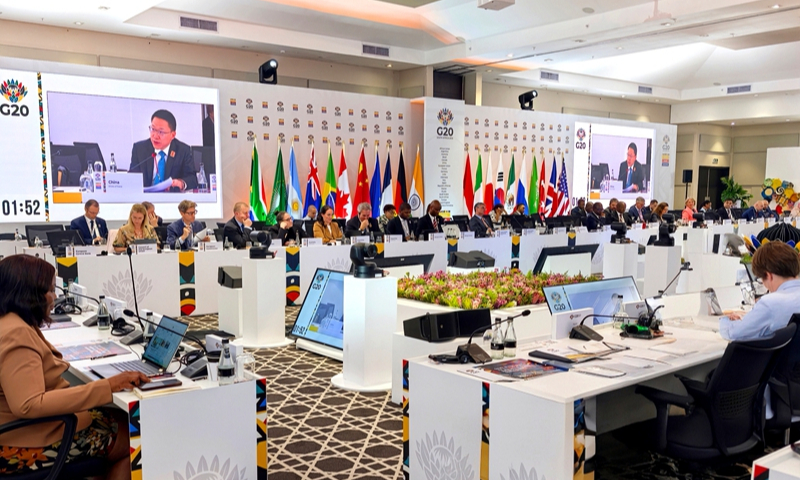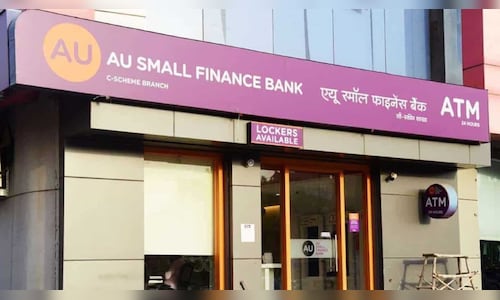Southeast Asia's Green Finance Growth Stalled in Q1 2025: Greenwashing Concerns & Geopolitical Uncertainty

Southeast Asia's Green Finance Faces Headwinds: A Q1 2025 Slowdown
SINGAPORE – The burgeoning sustainable finance sector in Southeast Asia experienced a significant slowdown in the first quarter of 2025, with proceeds from environmental, social, and governance (ESG)-labelled debt instruments plummeting. This downturn reflects a growing wave of caution among both companies and investors, fueled by a complex interplay of geopolitical tensions and rising concerns about “greenwashing.”
A Sharp Decline in ESG-Labelled Debt
Data reveals a stark contrast to the rapid growth witnessed in previous years. The volume of funds raised through ESG bonds, sustainability-linked loans, and other green financial instruments in Southeast Asia fell considerably during Q1 2025. While specific figures are still being finalized, industry analysts are pointing to a decline exceeding 30% compared to the same period last year.
The Rise of Greenwashing Concerns
A primary driver of this slowdown is the increasing scrutiny surrounding ESG claims. Instances of “greenwashing” – where companies exaggerate or misrepresent the environmental benefits of their projects – have become more prevalent and are attracting greater regulatory attention. Investors are now demanding greater transparency and rigorous verification of ESG credentials, leading to a more cautious approach to allocating capital.
“Investors are no longer willing to simply take companies’ word for it,” explains Dr. Evelyn Tan, a sustainable finance expert at the National University of Singapore. “They’re conducting their own due diligence, demanding independent audits, and questioning the long-term sustainability impact of projects. This heightened scrutiny is a good thing, but it’s also creating a temporary bottleneck in the market.”
Geopolitical Uncertainty Adds to the Mix
Beyond greenwashing concerns, the prevailing geopolitical landscape is also playing a role. Ongoing tensions in the region and global economic uncertainties have made investors more risk-averse, prompting them to prioritize stability over potentially higher-yielding, but riskier, ESG investments. The war in Ukraine and its ripple effects on global supply chains continue to cast a shadow over the economic outlook.
Impact on Southeast Asia's Sustainability Goals
This slowdown poses a challenge to Southeast Asia’s ambitious sustainability goals. Many countries in the region have pledged to reduce carbon emissions and transition to a low-carbon economy, and sustainable finance is seen as a crucial tool to achieve these targets. A prolonged period of dampened investment could hinder progress and delay the region’s transition.
Looking Ahead: What Needs to Change?
To revitalize the sustainable finance sector in Southeast Asia, several key changes are needed:
- Enhanced Regulatory Frameworks: Governments need to strengthen regulations to prevent greenwashing and ensure the integrity of ESG claims.
- Standardized Reporting: Harmonizing ESG reporting standards across the region will improve transparency and comparability.
- Independent Verification: Encouraging independent audits and certifications of ESG projects will build investor confidence.
- Investor Education: Educating investors about the nuances of ESG investing and the importance of due diligence is essential.
While the Q1 2025 slowdown is a cause for concern, it also presents an opportunity to build a more robust and credible sustainable finance ecosystem in Southeast Asia. By addressing the underlying challenges and fostering greater transparency and accountability, the region can unlock its full potential for green growth.






